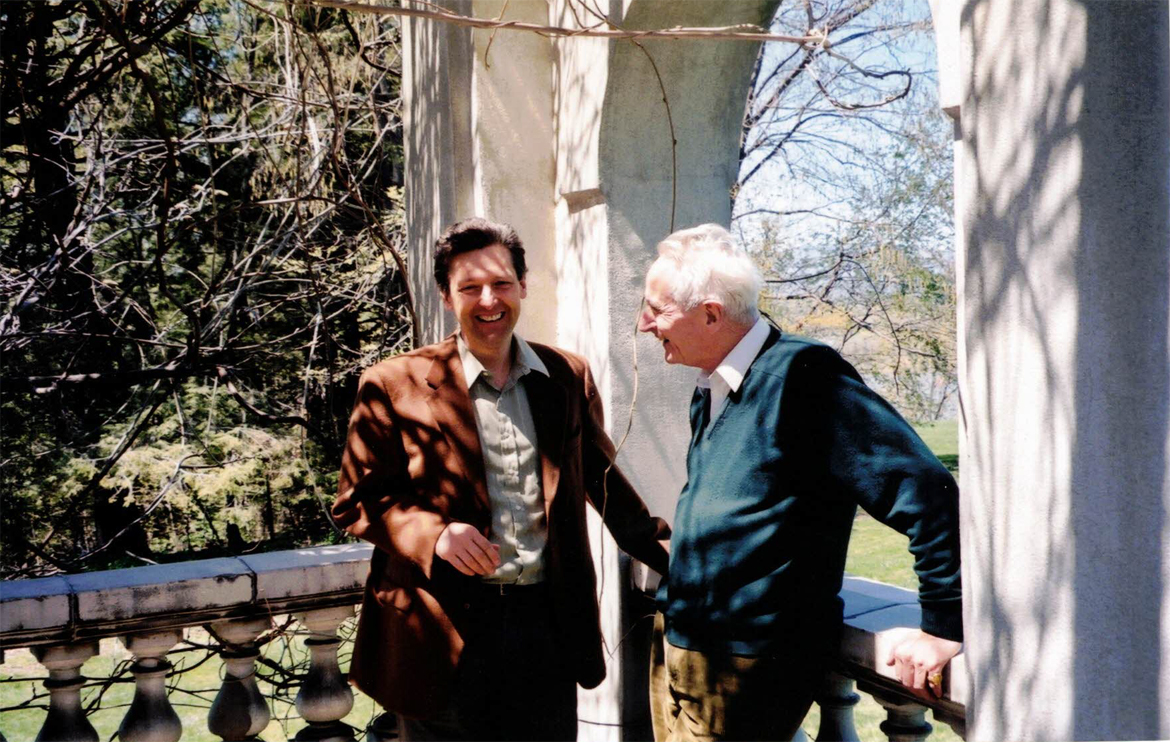Marc Lavoie has a new paper MMT, Sovereign Currencies And The Eurozone. It’s based on a lecture he was asked to give in 2021 STOREP conference. In this he analyses what neochartalism (“MMT”) is and what is says about the Euro Area.
Marc Lavoie also discusses Sergio Cesaratto’s work. Sergio had an excellent book Heterodox Challenges In Economics: Theoretical Issues And The Crisis Of The Eurozone and I somehow missed Marc’s review of it earlier.
My view on these issues—with good grasp of the institutional details—is that countries face a balance-of-payments constraint and the way the Euro Area is set up makes the balance-of-payments constraint stronger. Euro Area countries can no longer devalue their currencies (or hope their currencies depreciate by market forces) and the government can’t make overdrafts on their central banks.
It’s true that the European Central Bank (ECB) can buy government bonds but that it can doesn’t mean it actually will do to the extent needed. Indeed, the ECB has also pushed for tightening of fiscal policy using its powers. Countries face a BOP problem because like in other institutional setups, they’re at the mercy of foreigners. In fact more it’s more than otherwise in case of the Euro Area. And international indebtedness ultimately falls on the shoulders of the governments and hence we saw crisis in the government bond markets.
Countries with a strong international investment position such as Germany do not face this problem.
Ultimately, the problem is that the Euro Area doesn’t have a central government which would be involved in large fiscal transfers and keeping imbalances between countries in check. But as Sergio Cesaratto argues, it was never meant to be that way as the founders of the Euro Area designed it in a way to take away powers from national governments.
I should add one question which arises: the question about the political role of the ECB, which is similar to the role of governments in other places such as the US. There seems to be an inconsistency in the position of people such as Sergio (and I) that we treat the ECB and the US government differently. We say that the US government should be involved in more fiscal stimulus but don’t exactly say that the problems of the Euro Area can be resolved by proposing that the ECB promises to purchase government bonds without limits.
The answer to that is: even outside the Euro Area, rich countries’ central banks can bail out poor countries facing balance-of-payments financing problems. Does that mean that countries outside the Euro Area don’t face a bop-constraint??
It’s a rhetorical question posed as an answer.
Ultimately the balance-of-payments problems in the Euro Area is more severe than otherwise.
Where does neochartalism (“MMT” or “M.M.T.”) fit in my description? The idea that Euro Area governments cannot make overdrafts at their national central banks (NCBs) is something stressed by neochartalists is right but many authors who didn’t call themselves MMTers stressed this such as Wynne Godley in 1992. The idea that current account deficits don’t matter isn’t useful as you still have to explain why Germany didn’t go into a crisis like Greece.
